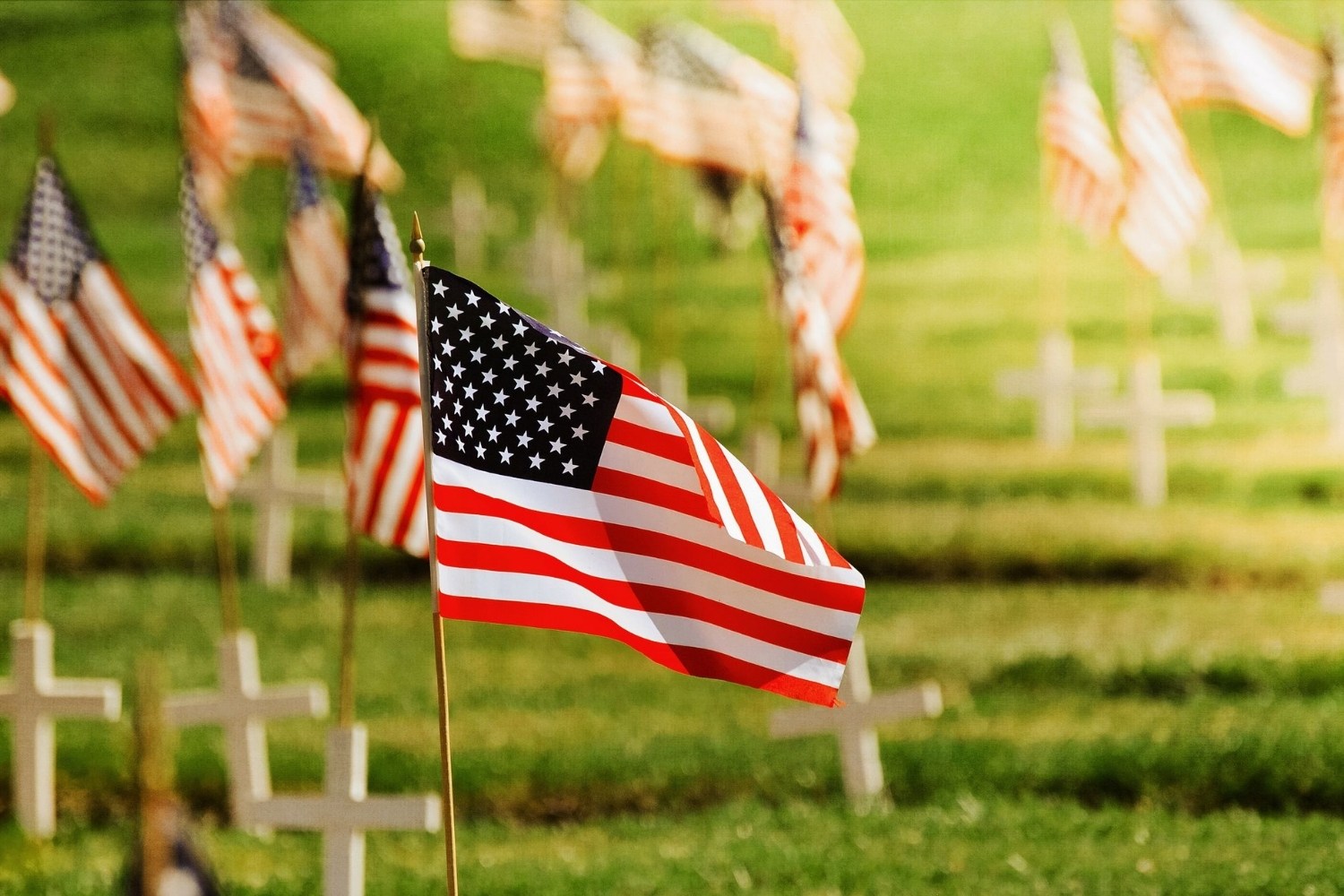
Memorial events hold a special place in our hearts, serving as poignant reminders of significant moments and people who have shaped our lives. These gatherings, whether somber or celebratory, help us honor memories and reflect on the past. Why are memorial events important? They provide a space for collective mourning, healing, and remembrance. By coming together, we share stories, offer support, and keep legacies alive. From national holidays like Memorial Day to personal ceremonies, these events bridge the gap between past and present. Understanding their significance can deepen our appreciation for the traditions and rituals that bind us.
Key Takeaways:
- Memorial events, like Memorial Day, honor fallen soldiers and have deep historical roots. They involve traditions, symbols, and global observances, ensuring the sacrifices of the fallen are never forgotten.
- Memorial events are not just about barbecues and picnics. They are about honoring the bravery and sacrifice of soldiers through traditions, monuments, and educational efforts.
Memorial Day Origins
Memorial events have deep roots in history. They honor those who sacrificed their lives for their country. Here are some fascinating facts about these events.
- Memorial Day began after the Civil War to honor fallen soldiers.
- Originally called Decoration Day, it involved decorating graves with flowers.
- Waterloo, New York, is recognized as the birthplace of Memorial Day.
- In 1971, Memorial Day became a federal holiday observed on the last Monday of May.
Traditions and Customs
Memorial events are rich with traditions that bring communities together. These customs help keep the memories of the fallen alive.
- The National Moment of Remembrance asks Americans to pause for a minute at 3 p.m. on Memorial Day.
- Red poppies are worn to honor those who died in war.
- Parades are a common way to celebrate Memorial Day, featuring veterans and military personnel.
- Many people visit cemeteries and memorials to pay their respects.
Global Memorial Events
Memorial events aren't just an American tradition. Many countries have their own ways of honoring their fallen heroes.
- In the UK, Remembrance Day is observed on November 11th.
- Australia and New Zealand commemorate ANZAC Day on April 25th.
- Canada observes Remembrance Day, also on November 11th.
- France holds ceremonies at the Arc de Triomphe on Armistice Day.
Symbols and Monuments
Symbols and monuments play a significant role in memorial events. They serve as lasting tributes to the bravery and sacrifice of soldiers.
- The Tomb of the Unknown Soldier in Arlington National Cemetery honors unidentified soldiers.
- The Vietnam Veterans Memorial in Washington, D.C., lists the names of over 58,000 fallen soldiers.
- The World War II Memorial in Washington, D.C., honors the 16 million who served in the U.S. armed forces.
- The Eternal Flame at the John F. Kennedy gravesite symbolizes eternal remembrance.
Memorial Day in Popular Culture
Memorial events have also found their way into popular culture, influencing movies, music, and literature.
- The movie "Saving Private Ryan" depicts the sacrifices of World War II soldiers.
- Bruce Springsteen's song "Born in the U.S.A." reflects on the struggles of Vietnam War veterans.
- The book "The Things They Carried" by Tim O'Brien offers a poignant look at the Vietnam War.
- Memorial Day is often featured in TV shows, highlighting its significance.
Modern-Day Observances
Today, Memorial Day is observed in various ways, blending traditional customs with modern practices.
- Many people host barbecues and picnics, celebrating the unofficial start of summer.
- The Indianapolis 500, an annual car race, takes place on Memorial Day weekend.
- Flags are flown at half-staff until noon, then raised to full-staff for the rest of the day.
- Some cities hold concerts and fireworks displays to mark the occasion.
Educational Efforts
Educating younger generations about the importance of memorial events ensures that the sacrifices of the fallen are never forgotten.
- Schools often hold special programs and assemblies to teach students about Memorial Day.
- Museums and historical sites offer exhibits and tours related to military history.
- Veterans organizations visit schools to share their experiences and stories.
- Online resources and documentaries provide accessible ways to learn about the significance of memorial events.
Honoring the Past
Memorial events remind us of the sacrifices made by countless individuals. They serve as a bridge connecting us to history, ensuring we never forget the bravery and dedication of those who came before. From national holidays like Memorial Day to local ceremonies, these events foster a sense of community and shared respect. They offer moments of reflection, gratitude, and unity. By participating in these observances, we keep the memories of heroes alive and pass their stories to future generations. Whether through parades, moments of silence, or visiting memorials, each act of remembrance strengthens our collective memory. So next time you attend a memorial event, remember its deeper significance. It’s not just about honoring the past but also about inspiring the future. Let’s continue to cherish these moments and ensure the legacy of our heroes endures.
Frequently Asked Questions
Was this page helpful?
Our commitment to delivering trustworthy and engaging content is at the heart of what we do. Each fact on our site is contributed by real users like you, bringing a wealth of diverse insights and information. To ensure the highest standards of accuracy and reliability, our dedicated editors meticulously review each submission. This process guarantees that the facts we share are not only fascinating but also credible. Trust in our commitment to quality and authenticity as you explore and learn with us.
